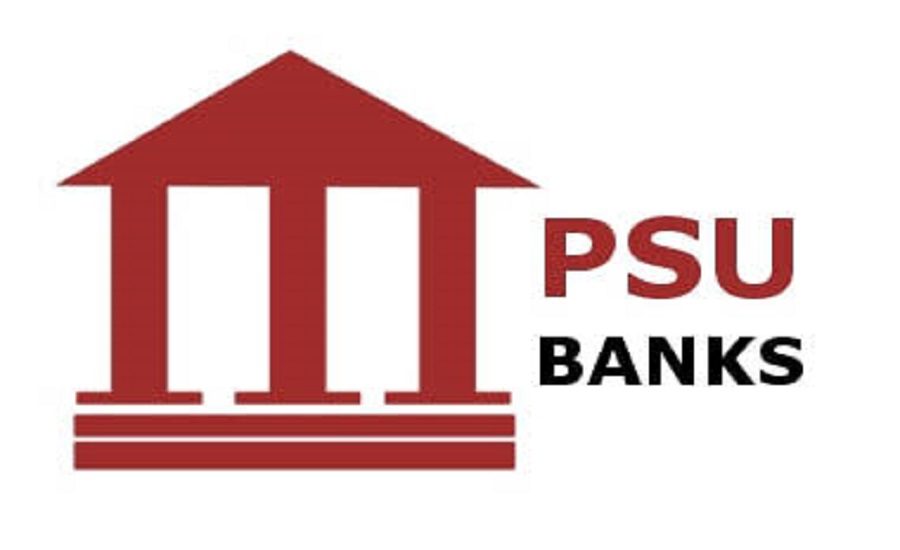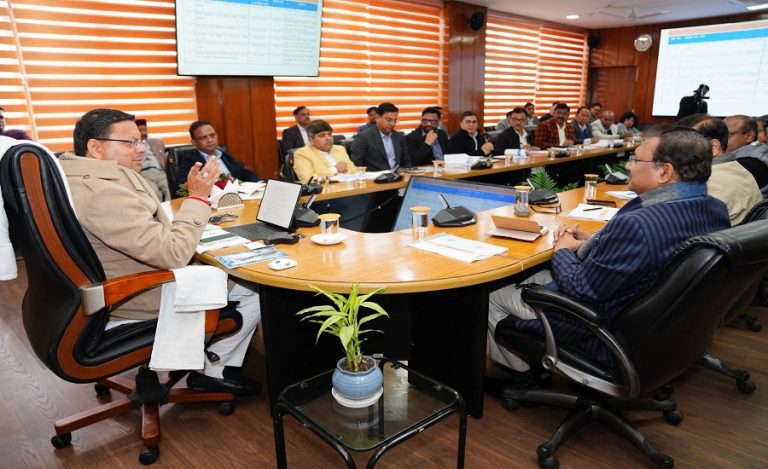The Reserve Bank of India (RBI) has released the first edition of its Supervisory Data Quality Index (sDQI) for scheduled commercial banks, marking a significant step toward enhancing the transparency and integrity of regulatory data reporting. The index, which assesses data submissions across four critical dimensions – accuracy, timeliness, completeness, and consistency – revealed that public sector banks (PSBs) lag behind their private and foreign counterparts in three out of four categories, even as they topped the charts on data completeness.
The overall sDQI score for the banking sector improved to 89.3 in March 2025, up from 88.6 in March 2024, signaling a steady improvement in the quality of data being reported for supervisory purposes.
Small Finance Banks Lead, PSBs Struggle with Timeliness and Accuracy
Among the various categories of banks–
- Small Finance Banks (SFBs) recorded the highest overall score at 90.6, setting the benchmark in quality.
- Private sector banks followed closely at 89.6, while foreign banks and PSBs stood at 89.1 and 88.8 respectively.
- Despite trailing in the aggregate score, public sector banks recorded a near-perfect score of 99.4 in the completeness of their data submissions.
However, PSBs underperformed in other areas-
- Accuracy: 85.7
- Timeliness: 84.8
- Consistency: 85.2
All scores fall within RBI’s “acceptable” range of 80–90, but highlight the need for greater internal controls and digital upgrades in public sector banking infrastructure.
Why the sDQI Matters
The sDQI is part of RBI’s broader push toward data-driven supervision and regulatory compliance, particularly as financial systems grow more complex and technology-driven. By introducing this index, the central bank aims to hold financial institutions accountable for the quality of data submissions that inform risk assessments, stress tests, and policy actions.
The move also reflects RBI’s increasing emphasis on timely and reliable information, especially in light of past financial sector mishaps where poor data quality delayed critical interventions.




























